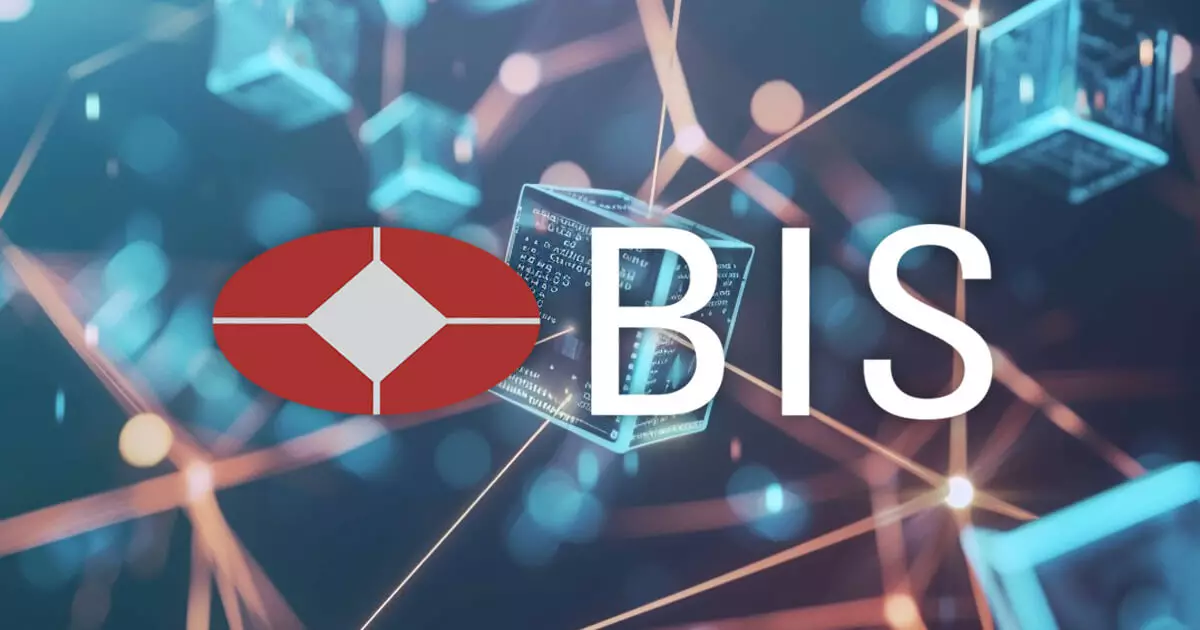In an era of global finance where borders are becoming increasingly irrelevant, the Bank for International Settlements (BIS) has initiated a transformative journey through Project Mandala. This innovative collaboration, taking shape in partnership with central banks from Australia, Korea, Malaysia, and Singapore, is designed to tackle the regulatory complexities that often hinder efficient cross-border transactions. As these financial exchanges become more indispensable in the global economy, Project Mandala emerges as a crucial solution to the challenges posed by inconsistent regulatory frameworks across jurisdictions.
Cross-border transactions frequently encounter hurdles in compliance due to disparate regulatory landscapes. Such discrepancies can inflate operational costs and create delays, thereby undermining the efficacy of international financial transactions. Project Mandala aims to not merely navigate these regulatory challenges but to fundamentally redefine how compliance is approached within this context. The initiative stands out by advocating for a proactive, automated compliance process that adheres to international regulatory standards without compromising both privacy and the integrity of transactions.
At the forefront of Project Mandala’s strategy is a compliance-by-design methodology, articulated by Maha El Dimachki, Head of the BIS Innovation Hub Singapore Centre. This forward-thinking approach ensures that regulatory compliance is an integral aspect of payment systems from the ground up, rather than an afterthought. By embedding compliance into the fabric of transaction protocols, Project Mandala not only guarantees adherence to regulations but enhances the transparency of cross-border transactions, making real-time reporting available to regulators.
Project Mandala employs a decentralized architecture that revolutionizes how cross-border payments are processed. This framework includes a peer-to-peer messaging system, a robust rules engine, and a proof engine designed to ensure that all compliance measures are met before any payment is dispatched. The result is a streamlined system that generates proof of compliance alongside payment instructions, thereby facilitating trust and transparency in international financial transactions. This technological framework is particularly relevant as it positions Mandala as a key player in the evolving economic landscape defined by cryptocurrencies and digital assets.
The system’s capability to integrate seamlessly with various financial ecosystems—especially emerging digital assets and central bank digital currencies (CBDCs)—signifies its potential to influence the future of international finance significantly. Mandala’s compatibility with well-established payment messaging networks such as SWIFT enhances its functionality, allowing it to serve not only current financial infrastructures but also adapt to future developments in digital payment systems.
Project Mandala represents a pivotal advancement in how cross-border financial transactions can be conducted with greater efficiency and compliance. With its proof-of-concept already in progress and alignment with G20 priorities for improved currency flows, it promises to not only cut costs and accelerate transaction times but also uphold the rigorous compliance standards necessary in today’s financial landscape. As the world continues to navigate the complexities of global finance, projects like Mandala are essential for fostering innovation while maintaining regulatory integrity.














Leave a Reply